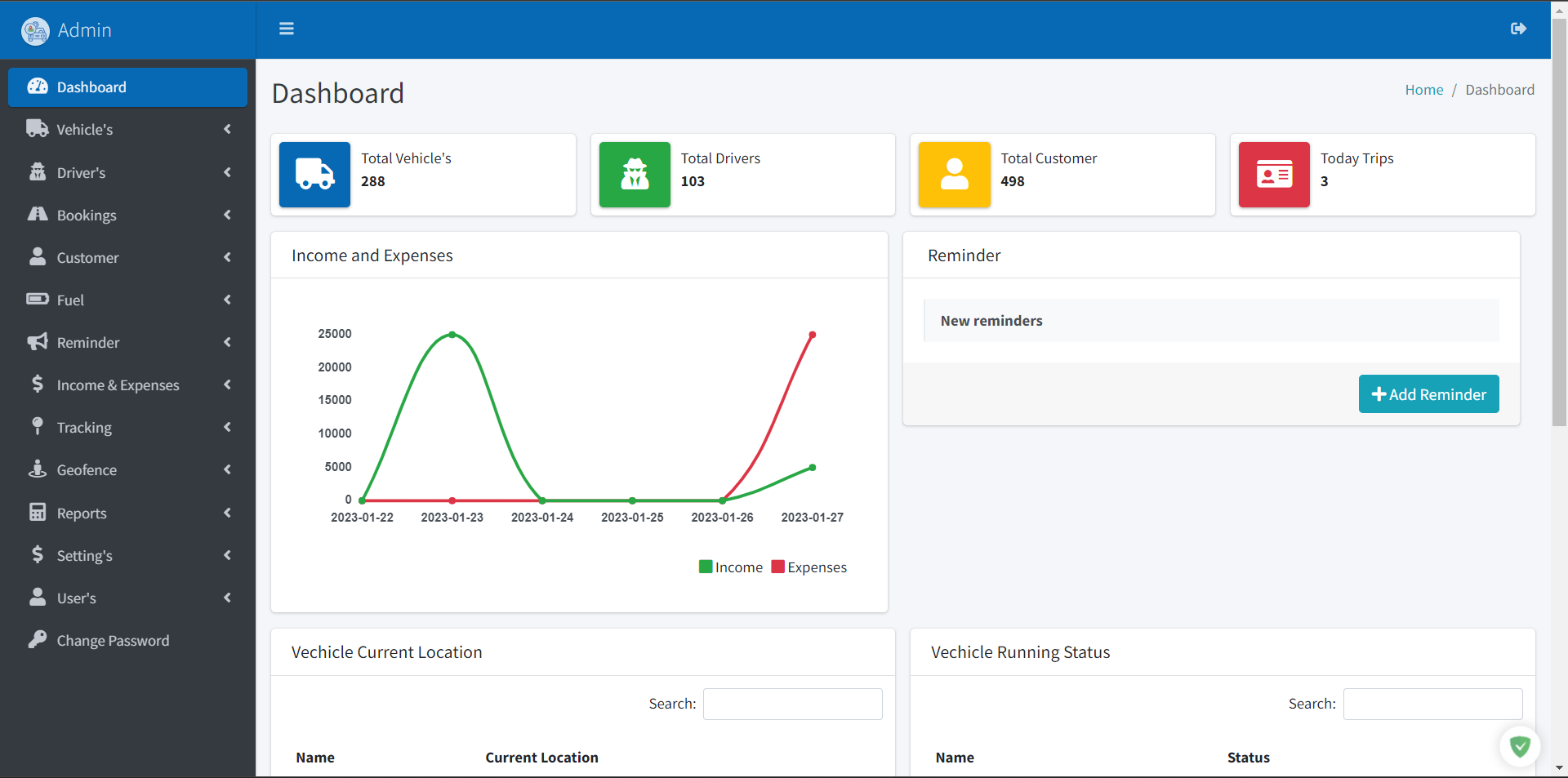The term "fleet management" refers to all of the procedures that must be followed to maintain a fleet operating effectively, punctually, and within budget. The procedures that fleet managers employ to keep an eye on fleet operations and make choices regarding proper asset management, dispatch and routing, and the purchase and disposal of vehicles. Fleet management makes sure that a fleet complies with regulations, continually boosts productivity, and cuts costs.
Fleet managers are in charge of streamlining operations, synchronizing systems, technologies, and staff as fleets increasingly utilize technology to stay competitive in congested industries. Fleet managers also have to cope with issues including a lack of drivers, fluctuating fuel prices, and shifting industry laws. They must strike a balance between tighter capacity and rising demand. To keep a fleet operating smoothly and profitably, managers must oversee both the day-to-day operations and the overall strategy.
Fleet management systems that provide you with up-to-the-second information about the whereabouts of your vehicles and the status of your jobs provide you access to data and insights that can be used to enhance the operational procedures for your fleet from a single central platform. You receive a variety of data points that enable you to make use of measures, like vehicle usage, driver conduct, and idle hours, providing you knowledge of the productivity of your fleet.
These days, the majority of fleet managers use these tools to boost productivity, expand visibility of fleet operations, and maintain compliance with industry and federal requirements. This can also include equipment for enhancing fleet safety, automating and expediting dispatching, and proactive vehicle maintenance, to mention a few. The use of a fleet management system has the advantages listed below.
Time is money in the fleet manager's world. Many of the manual operations you currently perform can be automated with fleet management software solutions. You may lessen your administrative workload, cut operational expenses, and free up time to concentrate on expanding your business by automating repetitive processes. Solutions for fleet management can assist you in:
Businesses that rely on drivers and cars face an ongoing danger of accidents. Your company may incur a large loss as a result of an accident, especially if someone is hurt. Additionally, keep in mind that your drivers represent your company, so reckless and overly aggressive driving harms your brand's reputation even if they avoid an accident. You can benefit from fleet management by:
Quickly access alerts and your most crucial metrics. Drill down into any metric to obtain thorough reporting by customizing data visualization.
Make the most of your resources. Gain visibility into which assets are underutilized while scheduling and assigning assets to drivers with ease. To cut costs, adjust schedules appropriately or just get rid of unused assets completely.
Your main source of income is from your consumers. Additionally, providing excellent customer service can set you apart in a crowded market. Because it is less expensive to retain an existing customer than to acquire a new one, providing excellent customer service is essential to your business. Fleet management is increasingly being used to improve customer service. It can assist you in:

Learn how telematics may help your fleet run more efficiently, maintain compliance, cut expenses, and more by speaking with our experts.